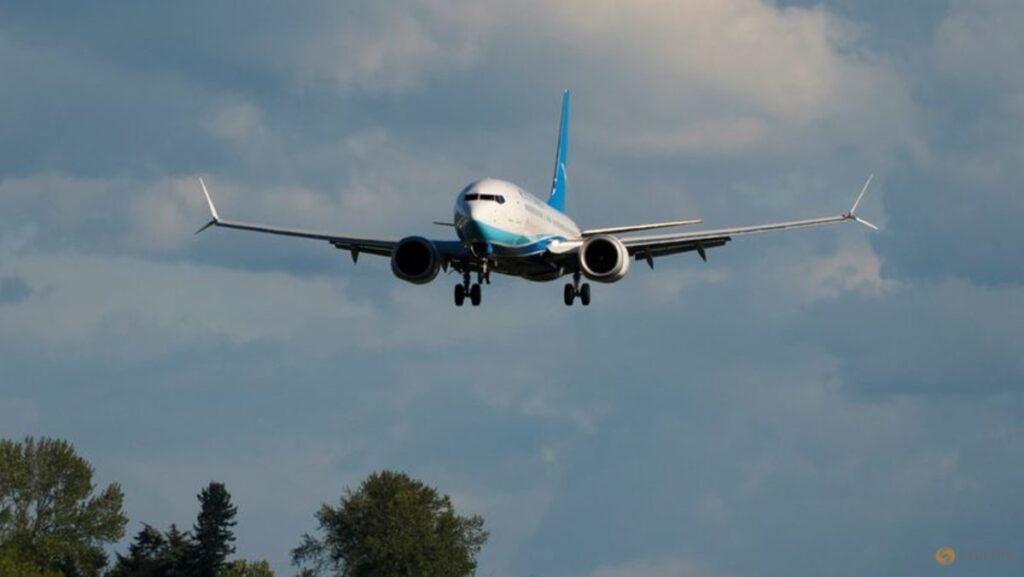RETALIATE, NEGOTIATE OR CAPITULATE?
While Western observers felt China’s drastic decision to suspend purchases from American planemakers would be a self-inflicted wound, the Chinese begged to differ.
People familiar with COMAC and the Civil Aviation Administration of China said the Chinese had anticipated Mr Trump’s moves when he won the elections last November.
“We knew tariffs were coming, there are plans B, C, D and so on,” an official told me. “We saw what happened to the Russians following sanctions (after the Ukraine invasion in 2022) and prepared accordingly.”
As a result of sanctions, Russian airlines and planemakers were unable to access replacement parts for its jets and were forced to ground aircraft.
While COMAC may not have publicly conceded to amassing foreign aircraft parts in the past two years, a source in Shanghai, where COMAC is based, suggested there is enough material to “make hundreds of aircraft in the next few years”.
COMAC is believed to have stockpiled at least 1,000 LEAP engines, specifically the LEAP-1C, which powers the C919, a single-aisle jet that competes directly with Airbus’ A320neo and Boeing’s 737 MAX.
The engine is co-produced by America’s GE and France’s Safran. The Airbus A320neo uses a similar engine, the LEAP-1A, while the B737 MAX is fitted with a LEAP-1B engine.
However, the engines used by the A320 and B737 MAX cannot be used by the C919; the LEAP-1C was designed exclusively for the COMAC jet.
Read the full article here

